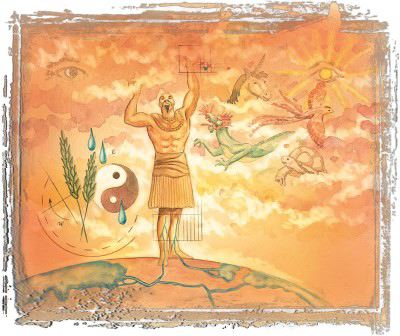
Acupuncture as Preventative Medicine: Adjusting to Change
“It is not the strongest of the species that survives, nor the most intelligent that survives. It is the one that’s the most adaptable to change.” Charles Darwin.
Chinese Medicine places strong focus on the theme of change and its effect on the human body and mind. We as humans are faced with much uncertainty. We may plan, yet we never really know what is going to happen. Our bodies change, as do the circumstances of our lives. We are not always ready or willing to face change however. This can cause much anxiety, worry and fear.
Endemic in life is choice. With choice comes challenge and conflict. Aging and the “rites of passage” that accompany it bring new responsibilities. Our parents expect different behavior of us when we go from being infants to toddlers. For example, we have to adjust to the word “no!” As we grow older, we encounter more and more expectations and more “no!” More is asked of us. This naturally brings stress.
As we age, our bodies also begin to ask different things of us. Menopause for example is a natural shift where the body’s energy begins turning inward. We are asked to slow down and focus on ourselves instead of the 100 things outside of us that have occupied much of our interest, time and energy during the prior 40-some years. This change can also bring a lot of stress. And a lot of confusion.
The Chinese medical classics teach that we can become ill when we are unable to adjust to change. They use the metaphor of being “out of synch with the seasons.” It’s as if there is a very strong burst of wind and we are walking into it, fighting our way ahead, when we could surrender to the wind, follow the flow and take a path of less resistance.
Not many of us are taught how to listen to our bodies. We are highly socialized. And very productive. We don’t always look within for our answers. Instead, we look to others, social convention and protocol for ways to behave. Yet our bodies possess a marvelous capacity for showing us the “right” way. When we are out of synch, our bodies will let us know. When we need to stop or slow down, the body will eventually help us do just that! One way is making us sick or unwell, or just causing us to slow down and be less productive.
When we are out of synch in our lives or taking a path that is not right for us, our body will let us know. It is usually the emotions that provide this type of feedback. We may not be aware why we are feeling anxious, depressed, having panic or constantly annoyed or angry. What we want and feel can often be buried under layers of rationalization: “I have to do this,” “I have to be this,” “I shouldn’t want this,” “this is the right-good way to be.” We can’t hear what we really feel and want under all the other voices giving us advice and warning.
There is a “school” of healing in Chinese Medicine called “Yang Sheng” that focuses on these issues. Yang Sheng can be loosely translated as “nourishing the self.” It is associated with both preventative healthcare and longevity. It’s like taking vitamins, but doing so in a way that honors the basic essential nature of ourselves. In my practice I help people work with Yang Sheng through acupuncture, diet and exercise.
People come to my acupuncture practice for help with physical or emotional symptoms. The way I work is not as simple as giving “a magical pill” to take all the pain away. The goal is to eliminate the symptoms, whether it be it pain or any other form of distress. But to do so in a way that honors what the body is trying to communicate via the symptoms. This is exciting work. Because it focuses us on ourselves. We make space to inquire into what we really feel, what we really want, and where things might be out of synch: in our lives, the way we are thinking or acting, or within our perceptions. It can be a stretch for some to believe that changing our perception or thoughts can radically effect our bodies. Yet I have seen people heal from devastating illness simply through changing the way they saw the world (and themselves in the world). Not to say it’s easy to change our mind. On the contrary: it’s hard! This is what the acupuncture treatment helps with.
How can a therapy that works on the body also work on the mind, emotions, and even spirit? Our body is a manifestation of our spirit. And our emotions are expressions of our spirit. It is our mind that keeps it all intact. The mind creates the solidity we think is so real. It keeps things the same. It keeps us sick. It can also make us well. How?
The aspect of reality I’ve studies most through being an acupuncturist is that of energy. Everything we see is a form of energy. Some things are more solid than others however. Energy doesn’t get destroyed, but it can change form. Our bodies are like this.
When I diagnose a person, I feel their pulse. I am interested in how the “energy” in their body is moving. If they are having digestive problems, I’m especially interested in the energy in their stomach, spleen/pancreas, liver and intestines. Yet the problem could also be coming from the heart or kidneys. Energy transforms and moves. The problem could still be “energetic,” meaning it has not yet caused a change in the tissues of the body. Or the problem could have created an ulcer, or a mass, or destroyed the cilia of the small intestine (as with Celiac Disease). Like in physics, all solids are a manifestation of something that was once not solid. Like ice that was once water or vapor. We can create the fastest, most effective healing change through working with energy that is least solid in the body. This is what acupuncture does. It works on the “qi”: the Chinese term for functional energy that flows through the body. The root of healing all problems is through the qi.
The “problematic” energy may have its root in difficulty acclimating to the environment. Or maybe from a shock or trauma that made the energy chaotic. Or from our emotions: being in a state of fear or anger which stagnated the body’s energy creating inflammation. Inflammation can consume fluids and blood, scorching body tissues. Disease can also come from our mind being stuck obsessing on a subject, creating heat, consuming the digestive energy, disturbing our sleep, weakening our heart and making us anemic.
Any longterm state of being “out of synch” with either the external or internal environment can lead to changes in the body. Longterm stress or dietary intemperance can lead to spinal disc degeneration; unresolved fear and fright can create hypertension and stroke; depression can manifest as tumors.
It’s helpful to create a state of “Yang Sheng” by focusing on ourselves before an actual crisis occurs. Hence the popularity of “preventative medicine” in ancient times. Many of us don’t learn to do this until we are hit with the shock of physical distress. I didn’t! I first begin focusing on my health after a major “mysterious” health crisis. My body forced me to begin focusing on myself. It has led to me becoming a healer and supporting others to also focus on themselves.
Many people I treat with cancer, for example, experience a powerful “wake up call” as a result of their physical crisis. It is tremendously moving to see how many of these people completely change their lives and outlooks. Their overall health actually seems to improve as a result of their illness. These people essentially begin practicing Yang Sheng.

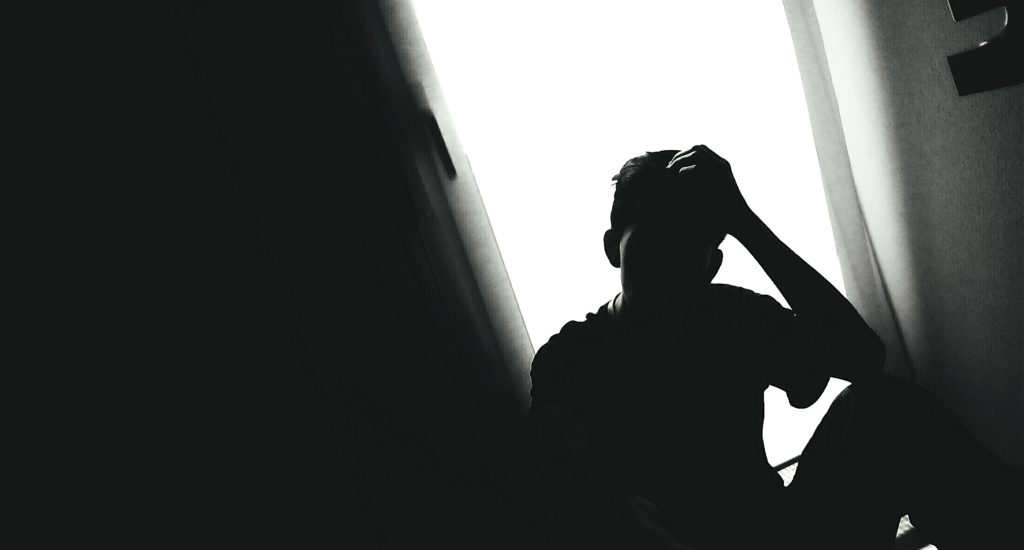
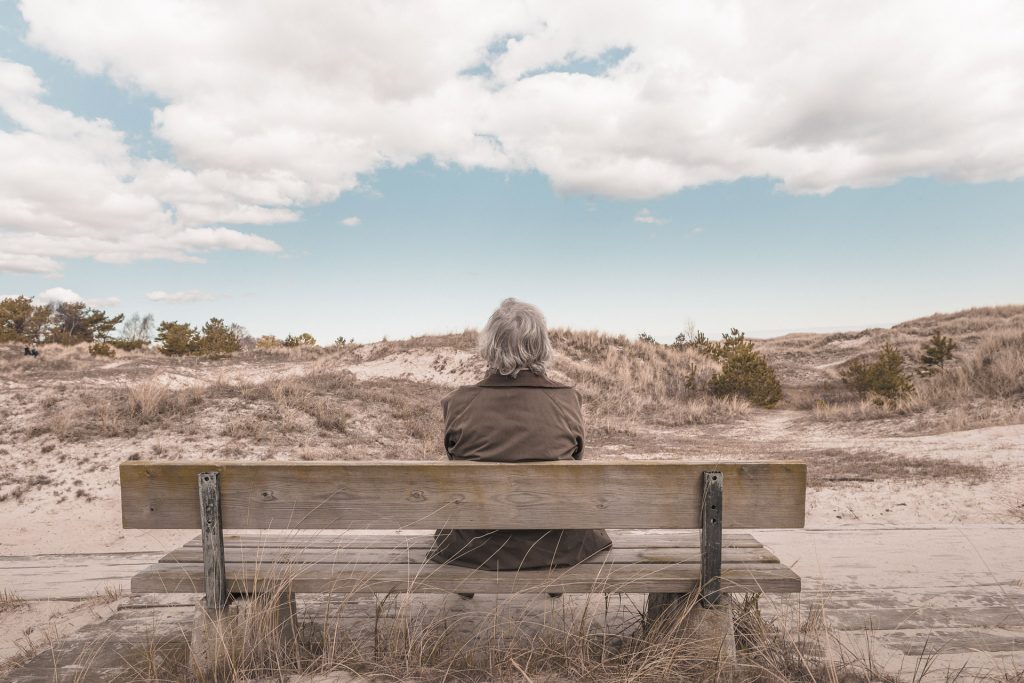
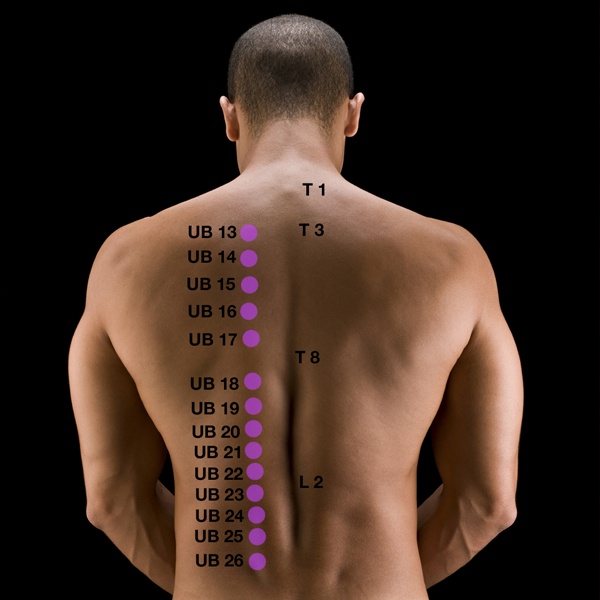
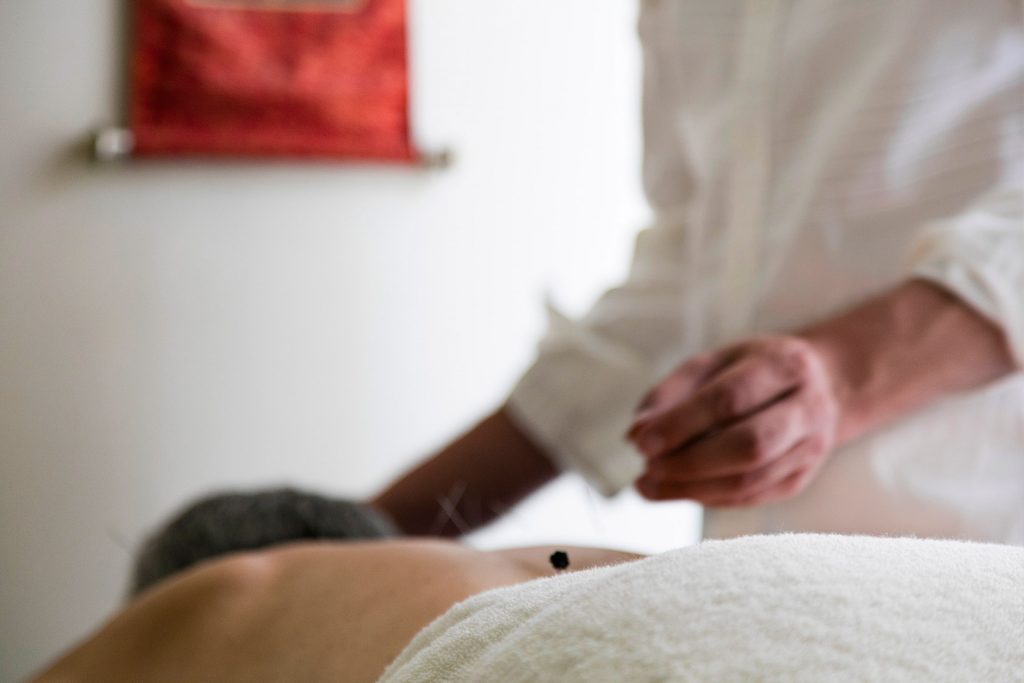
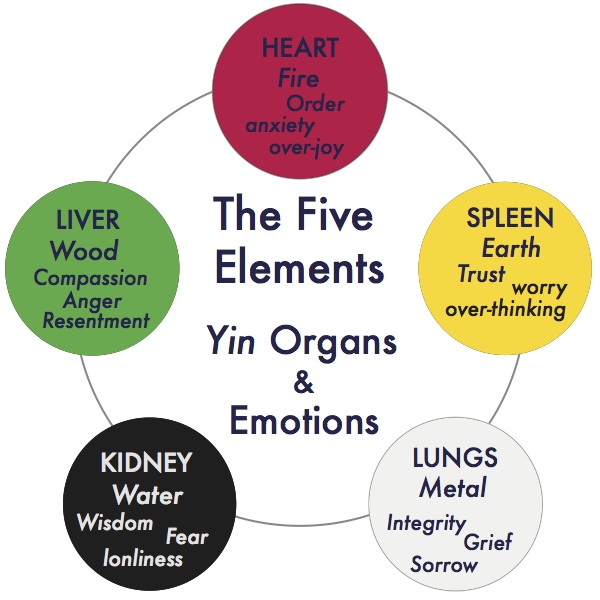

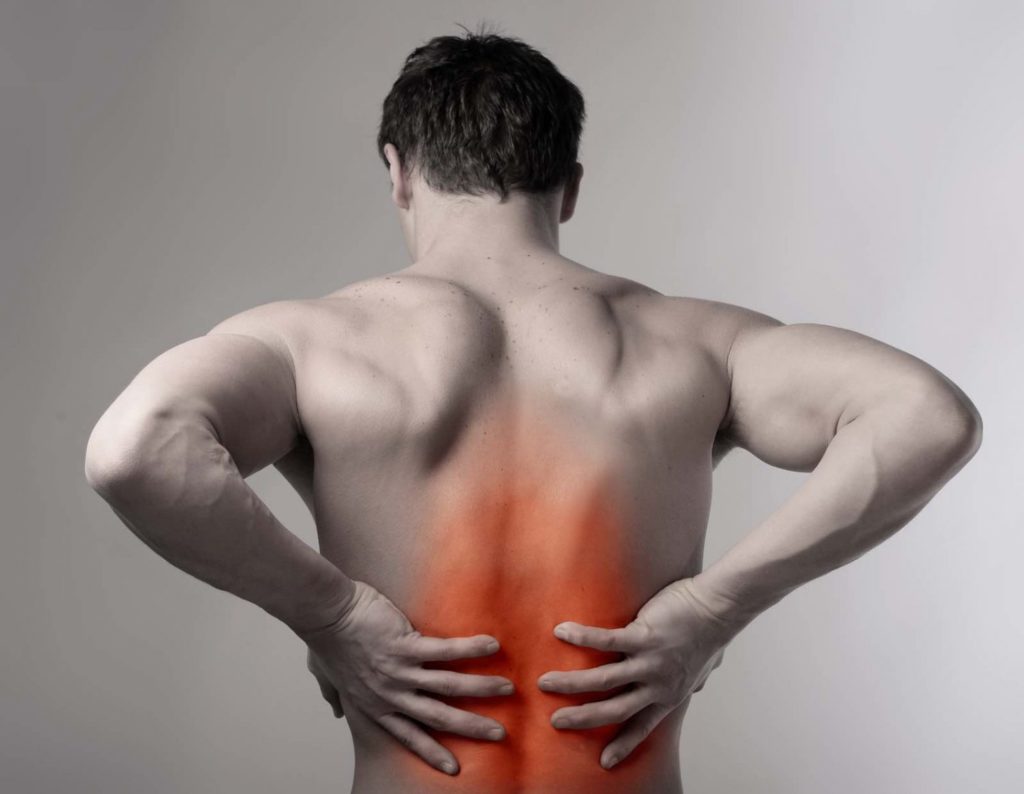



No Comments